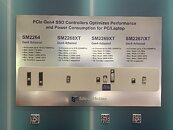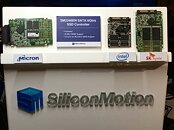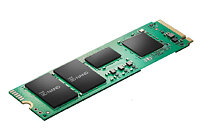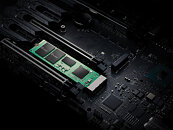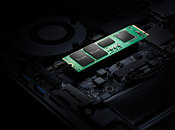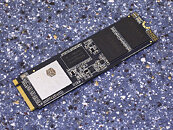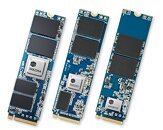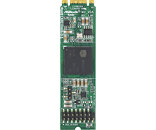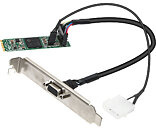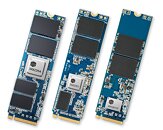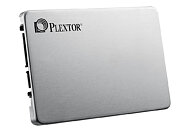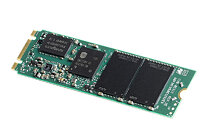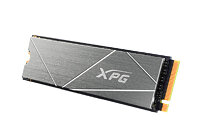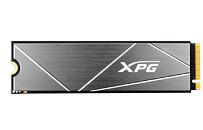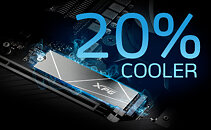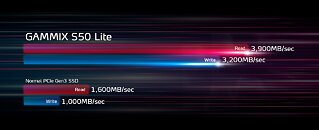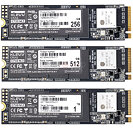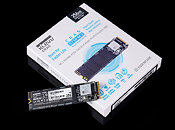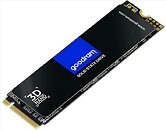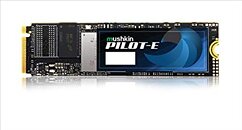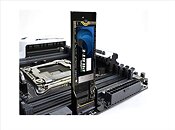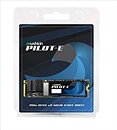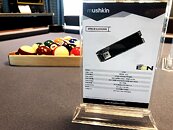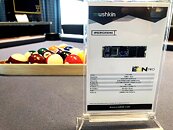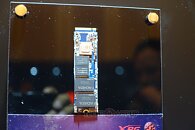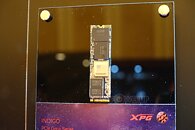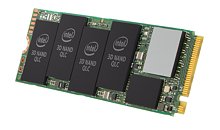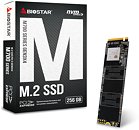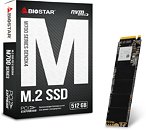Phison was first to market with a client-segment PCI-Express gen 4.0 NVMe SSD controller, and as a result, the first wave of gen 4.0 M.2 SSDs have been dominated by the E16-series controller. At CES 2020, we got to see some of the first drives based on PCIe gen 4.0 controllers from other manufacturers such as Silicon Motion and InnoGrit, thanks to ADATA. With begin with the company's latest-generation XPG SAGE M.2 NVMe SSDs with PCI-Express 4.0 x4 interface, which come in capacities of up to 4 TB, and which are powered by InnoGrit "Rainier" IG5236 controller, belting out sequential transfer speeds of up to 7,000 MB/s reads, with up to 6,100 MB/s writes, and up to 1 million IOPS 4K random access. The drive supports the latest NVMe 1.4 protocol.
Next up is the XPG Indigo, another M.2 NVMe PCI-Express 4.0 x4 drive positioned a notch below the XPG Sage. This one uses Silicon Motion's fastest PCIe gen 4.0 client-segment controller, the SM2264. With capacities of up to 4 TB, the drive offers up to 7,000 MB/s sequential reads, up to 6,000 MB/s sequential writes, and up to 700,000 IOPS 4K random-access performance. Lastly there's the XPG Pearl, a high cost-performance model powered by the mid-range SM2267 controller which has a PCIe gen 4.0 x4 interface and DRAM cache, comes in capacities of up to 4 TB, but offers a slightly tamed performance that's comparable to E16-powered drives: up to 4,000 MB/s sequential reads, up to 3,000 MB/s sequential writes, and up to 400,000 IOPS 4K random access. The new-gen XPG Sage, XPG Indigo, and XPG Pearl will release later this year.
